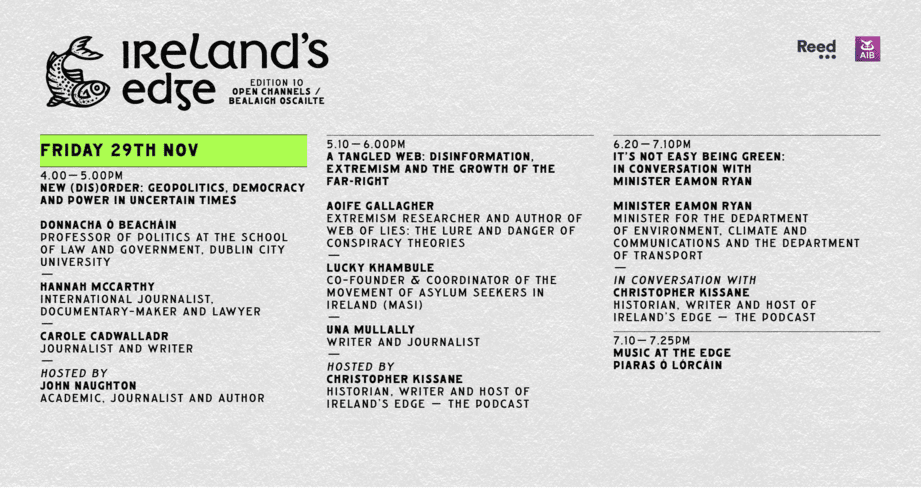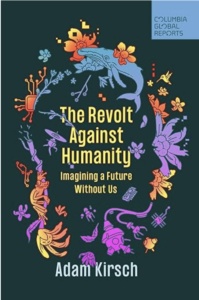Bee welcoming

Even in B&W you can see why a bee would be interested.
Quote of the Day
You cannot have a political system without disagreement, but the point of democracy is to channel that disagreement into politics, rather than into violence.”
- Danielle Allen
Musical alternative to the morning’s radio news
Brahms | Violin Concerto in D major, Op. 77 (3rd movement) | Itzhak Perlman
Phew! Great performances put musicians through emotional and physical wringers.
Long Read of the Day
Let the Bad Times End (4): The Soviet Union
Timothy Burke is a thoughtful and interesting historian, and at the moment he’s embarked on a series of essays which try to put what’s happening now in context. This essay is #4 in the sequence, and it’s especially relevant for me today because later in the afternoon I will be having a conversation with three distinguished colleagues in the Ireland’s Edge discussion strand of the Other Voices festival on topics that are on everyone’s mind just now.

At one point in his essay, Timothy writes:
I’m grappling in this series whether bad times ever do end. I think it’s important to imagine that they can and sometimes have. I do think the Bolshevik Revolution, one of the most heavily studied and discussed events in modern global history, was a real change—that there was political and social novelty to the Soviet state that it created. For the same reason, I think the Soviet Union really did end, and some of the specific bad times that were deeply encoded into it ended with it. Putin’s Russia is deeply oppressive, but its oppressions have different emphases, different techniques, different ideological precepts. Moreover, while you might hire the Wagner Group to kill your enemies, no other country is going to adopt Putinism as a transnationally salient ideology.
So if the Soviet Union did end, why? It’s becoming hard to remember how astonishing and momentous the years 1989-1992 really were, and how unheralded they seemed. In 1998, few of us realized that apartheid would start to crumble in 1990, that the United States would lead a multinational coalition with restraint to successfully undo Iraq’s annexation of Kuwait, that the Berlin Wall would fall in 1989 and the Soviet Union itself would end only three years later. Looking back, you can forgive some of the hubris of Fukuyama’s The End of History, since these were all developments that seemed impossible, that many of us were raised to think simply wouldn’t change in our lifetimes —none more so than the sudden and peaceful end of the Soviet Union after so much proxy struggle in the Cold War, after so many moments of near-catastrophe for the entire planet…
Do read it. Worth your time.
Books, etc.

I’m a third of the way through this. I got it because I keep running into two ‘isms’ — Anthropocene antihumanism (argues that our climate destruction has doomed humanity and we should welcome our extinction), and Transhumanism (the belief that genetic engineering and AI will lead to new forms of life superior to humans) — which strike me as ludicrous, but which seem have a grip on folks in Silicon Valley and in a certain ancient university located near Reading. This scathing analysis by a good literary critic looked attractive, and it’s enjoyable — so far, anyway.
My commonplace booklet
From John Thornhill in yesterday’s FT:
The default assumption of successful founders seems to be that their expertise in building tech companies gives them equally valuable insights into the US federal budget deficit, pandemic responses, or the war in Ukraine. For them, fresh information plucked from unfamiliar fields sometimes resembles God-given revelation even if it is commonplace knowledge to everyone outside their bubble.
One young American tech billionaire, a college dropout who had just returned from a trip to Paris, once asked me with wide-eyed wonder whether I had heard about the French Revolution. It was incredible, apparently.
“Inevitably,” says John, “this leads to questions about the fungibility of Elon Musk’s IQ given his omnipresence in the US economy and now politics. “
It sure does! And how.
Linkblog
Something I noticed, while drinking from the Internet firehose.
An interesting exchange on Bluesky…
Molly Jong-Fast asked;
“One of the things I still don’t understand is how these tech bros can be pro-technology and anti science.”
To which Mar Hicks replied:
“Science is ostensibly about the study of natural phenomenon. It’s not unbiased, ofc, but that’s the ideal at least. Tech is about power—centralizing, amassing & wielding power, building ever more tools & infrastructures to design the world you want, not describe or study it.”
Which nails it nicely.
This Blog is also available as an email three days a week. If you think that might suit you better, why not subscribe? One email on Mondays, Wednesdays and Fridays delivered to your inbox at 6am UK time. It’s free, and you can always unsubscribe if you conclude your inbox is full enough already!